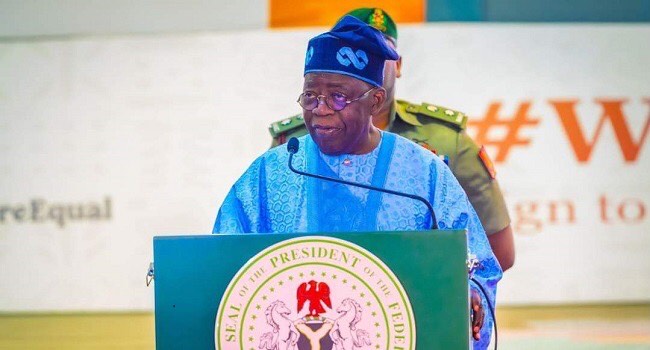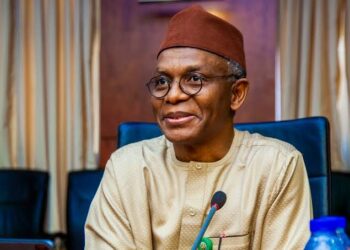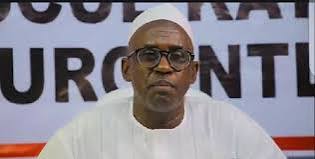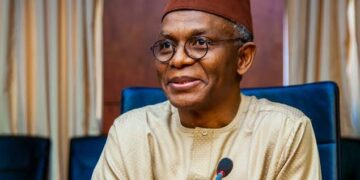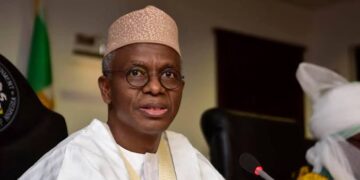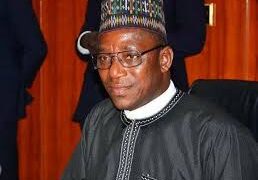By: Nwakaji Martins
On World Environment Day, President Bola Tinubu delivered a compelling message urging a collective effort to protect the environment and guide Nigeria towards a prosperous and sustainable economy.
President Tinubu’s dedication to this cause, as articulated by his Special Adviser on Media and Publicity, Ajuri Ngelale, is evident in his establishment of the Presidential Committee on Climate Action and Green Economic Solutions, a committee that he personally oversees.
The official statement highlighted that President Tinubu, as part of his forward-thinking vision, has authorized the development of Nigeria’s inaugural green industrial zone, known as Evergreen City.
The presidency emphasized that this groundbreaking endeavor is positioned to emerge as a premier manufacturing center in Africa for renewable energy technologies, eco-friendly solutions, and climate-resilient technologies.
The presidency further emphasized the president’s steadfast backing for this initiative as a testament to his belief in the power of innovation to propel sustainable development.

In addition, President Tinubu reaffirmed his commitment to planting 25 million trees by 2030. This ambitious objective not only seeks to safeguard the environment but also aims to generate opportunities for Nigerian youth within the green economy sector.
President Tinubu underscored the significance of afforestation, water preservation, and the cessation of reckless deforestation, underscoring his recognition of the intrinsic link between environmental conservation and human welfare.
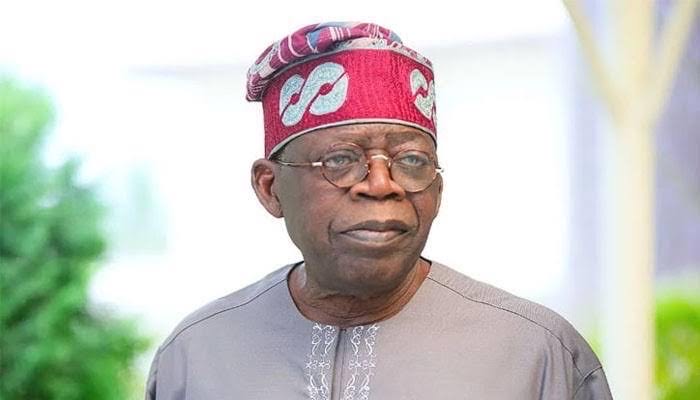
President Tinubu stressed the necessity for a proactive strategy to safeguard the land and ecosystem, urging citizens, stakeholders, institutions, and development partners to unite in this critical mission.
World Environment Day, established by the United Nations during the Stockholm Conference on the Human Environment in 1972, serves as a pivotal occasion for promoting environmental consciousness.
He remarked that this year’s theme, ‘Land restoration, desertification, and drought resilience,’ holds particular relevance, especially for Nigeria, where drought poses a threat to certain regions.
According to UN projections, approximately 40 percent of the Earth’s land is degraded due to desertification, directly impacting half of the global population.
The UN convention to combat desertification further revealed that the frequency and duration of droughts have surged by 29 percent since 2000, warning that without immediate intervention, droughts could affect more than three-quarters of the global population by 2050.


